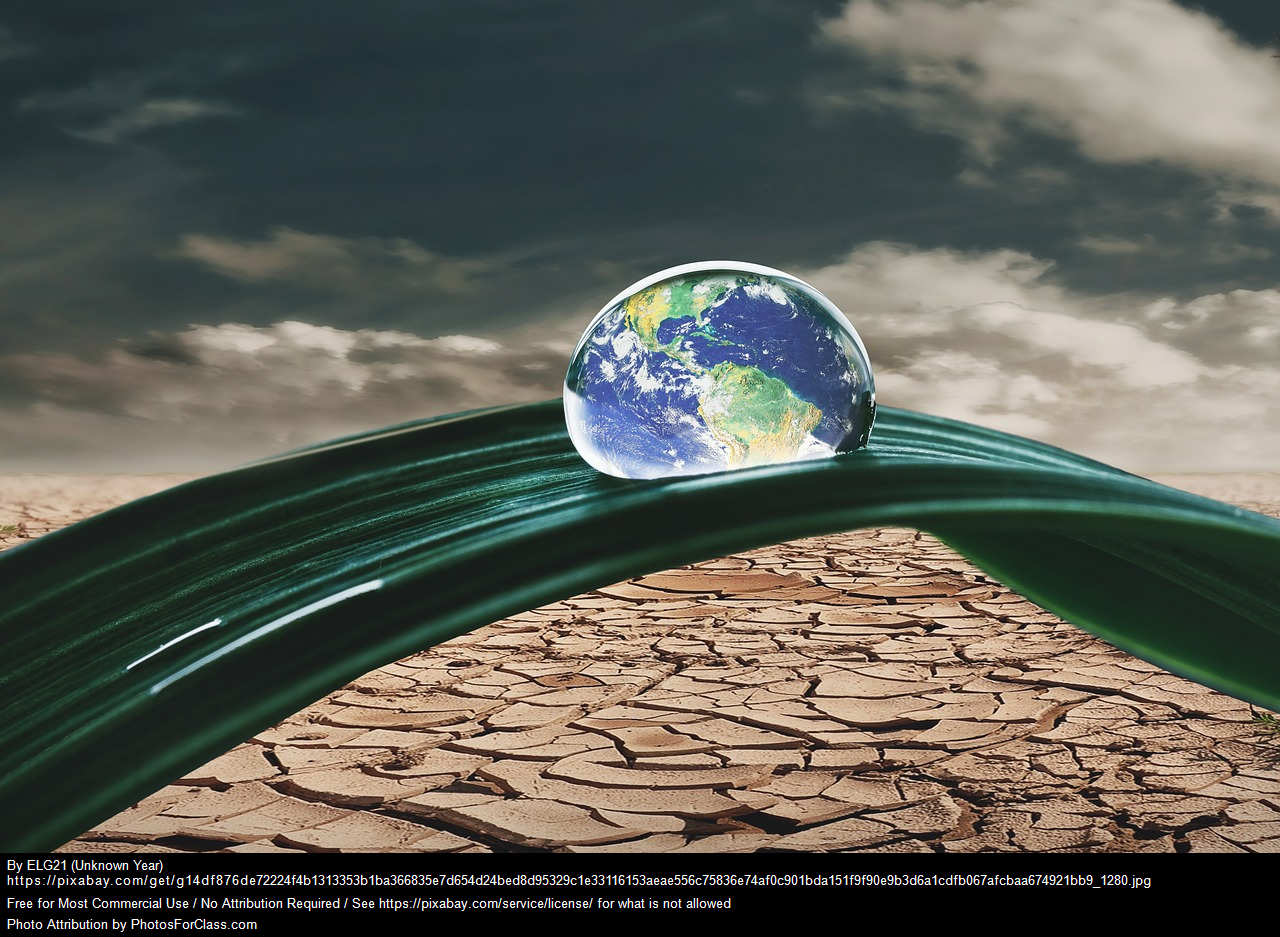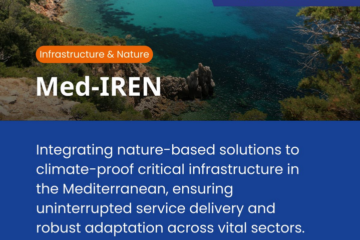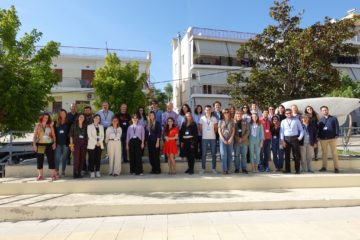Nature as an ally. Med regions together against climate risks

EU-funded Med-Iren project promotes innovative solutions
BRUSSELS – Seven Mediterranean territories, from Italy to France, from Spain to Greece and Cyprus, are joining forces to make critical infrastructure more resilient to climate change using nature as an ally. The European project Med-Iren (Mediterranean Critical Infrastructure Resilience Engineering with Nature-Based Solutions) has officially started. Its goal is to strengthen resilience through natural solutions and innovative adaptation policies. Tuscany and Ischia, Granollers in Spain, Provence-Alpes-Côte d’Azur in France, and Egaleo in Greece are involved and will respond to climatic emergencies.
The models will be replicated in Larnaka (Cyprus), Sitia (Greece), Burgas (Bulgaria), and even Helsinki, situated between the Mediterranean, the Black Sea, and Northern Europe. The recent floods in Spain, France, and Italy have shown the urgent need for infrastructure capable of withstanding extreme events. Nature-based solutions (NBS) are an innovative and effective approach to adapting to climate change. They can protect water, energy, telecommunications, transport, and social infrastructures, while guaranteeing security and stability.
One example is Tuscany, where solutions to counter coastal erosion are being discussed. Med-Iren’s solution is clear: instead of building a 3.5-meter dam, they propose protecting the coast with a gravel beach that absorbs the waves, keeping access to the Ligurian Sea free and preserving the landscape for the local community. “Nature has an abundant force that can put our survival at risk, but it also has enormous potential if we know how to work with it. With more than 1.6 million people affected by floods in Europe last year, floods are a primary risk,” stated Thanasis Sfetsos, research director at the Demokritos National Centre for Scientific Research. “We will use natural walls on riverbanks to absorb water and prevent flooding. We will also use different endemic plants to filter water and reuse it for irrigation, in order to cope with droughts,” he stated.


0 Comments